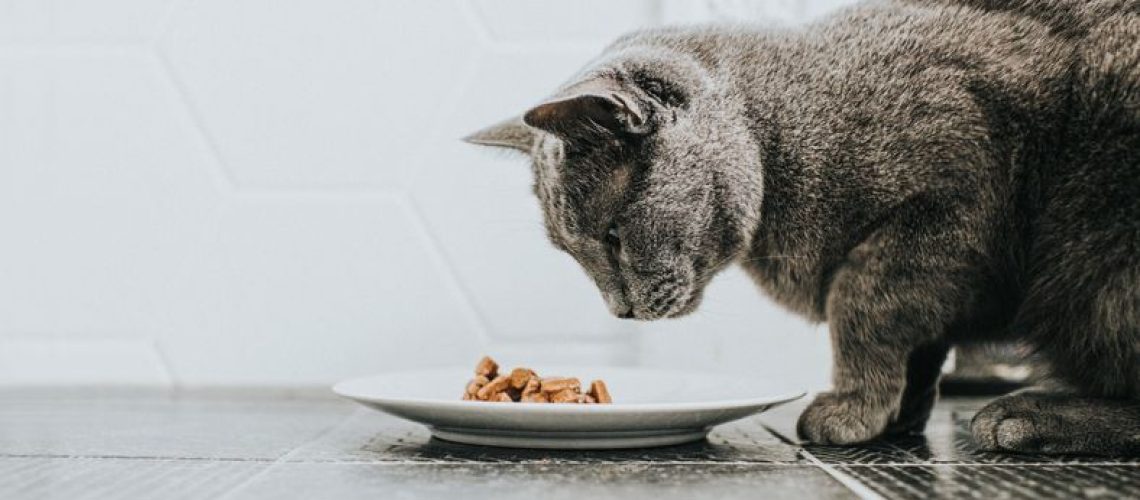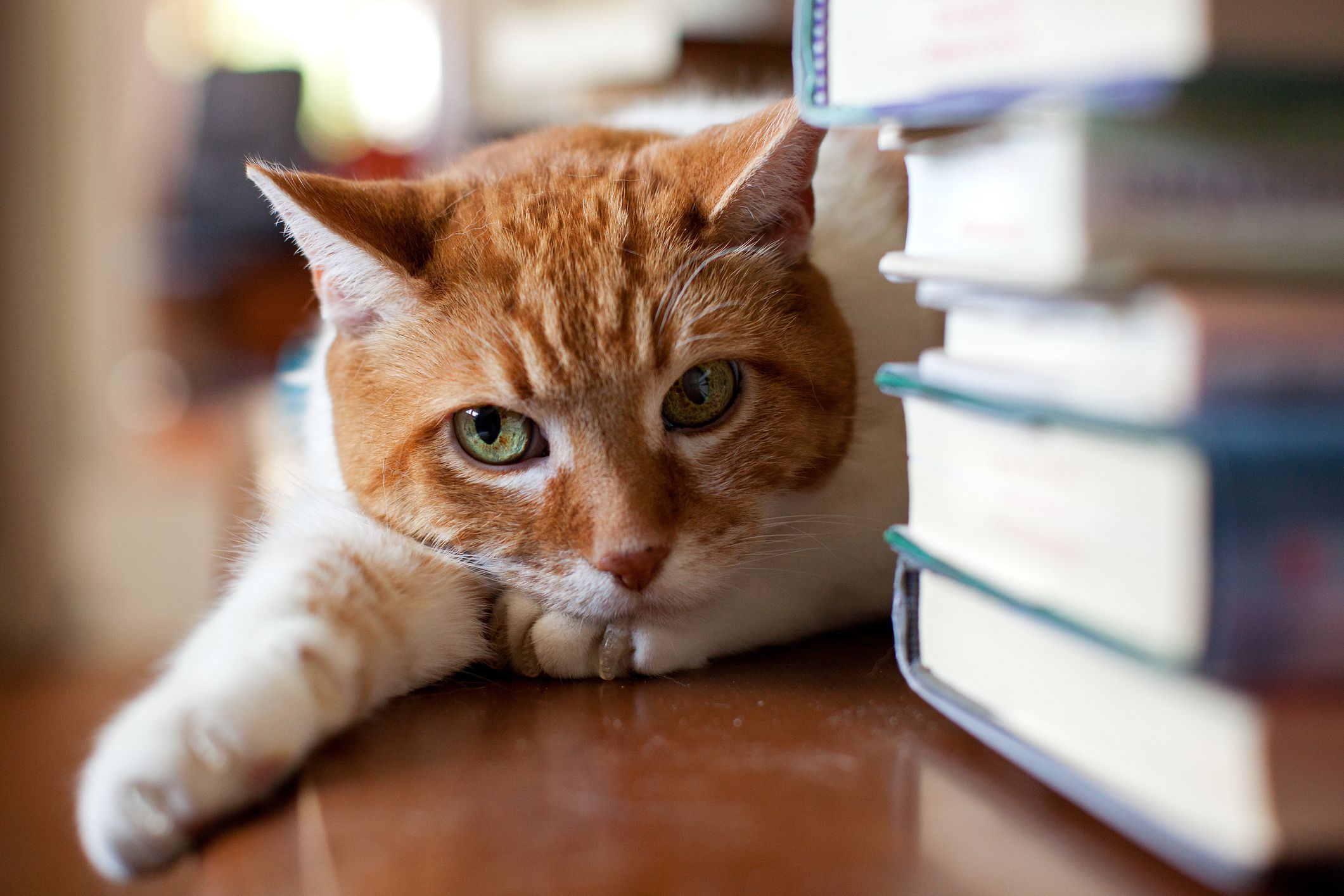Are you curious about what really goes into your cat's food? Have you ever wondered if those mysterious "byproducts" listed on the label are actually good for your furry friend?
Well, get ready to uncover the truth about byproducts in cat food and discover why understanding this topic is essential for every cat owner. Whether you're a seasoned pet parent or just starting out, delving into the world of meaty matters will provide you with valuable insights that can help ensure your cat's health and happiness.
So, let's dive in and separate fact from fiction when it comes to what we feed our feline companions!
Key Takeaways:
- Byproducts in cat food can be a valuable source of essential nutrients for cats.
- Not all byproducts are created equal, and it's important to understand the specific ingredients listed.
- Some byproducts, such as organ meats, can provide cats with important vitamins and minerals.
- Byproducts should not be the main ingredient in cat food, but they can be a beneficial addition to a balanced diet.
- It's crucial to choose cat food brands that prioritize high-quality byproducts and avoid low-grade or questionable sources.
Understanding Byproducts in Cat Food
What Are Byproducts in Cat Food?
Byproducts in cat food refer to the parts of animals that are not typically consumed by humans. These parts can include organs, bones, and other tissues. While they may not be the prime cuts of meat that we usually eat, they still provide valuable nutrients for cats.
Common Examples of Byproducts in Cat Food
Some common examples of byproducts found in cat food include chicken or turkey giblets, which consist of the heart, liver, and gizzard. Other examples include beef lung and pork spleen. These parts may not sound appetizing to us, but they can be highly nutritious for our feline friends.
The Importance of Knowing About Byproducts in Cat Food
It is important for cat owners to understand what byproducts are included in their cat's food because it can affect their pet's overall health and well-being. While some byproducts can be beneficial for cats, others may be of lower quality or contain less desirable ingredients.
Are Byproducts Healthy for Cats?
In general, byproducts can be a healthy addition to a cat's diet as long as they come from high-quality sources. They often contain essential vitamins and minerals that cats need to thrive. However, it is important to choose cat foods that list specific types of byproducts rather than vague terms like "meat byproduct" or "animal byproduct." This ensures that you know exactly what your cat is consuming.
Potential Benefits of Including Byproducts in Cat Food
- Byproducts can provide essential nutrients that cats need for optimal health.
- They can help meet a cat's protein requirements, which are crucial for muscle development and maintenance.
- Byproducts can be a more sustainable option, as they make use of parts of the animal that would otherwise go to waste.
Making Informed Choices About Cat Food and Byproducts
When choosing cat food, it is important to read the ingredient list and look for specific types of byproducts. Look for names like "chicken liver" or "beef heart," as these indicate higher-quality byproducts. Avoid foods that simply list generic terms like "meat byproduct" without specifying the source.
Alternative Options for Avoiding Byproducts in Your Cat's Diet
If you prefer to avoid byproducts altogether, there are cat food options available that focus on using whole meats instead. Look for foods labeled as "grain-free" or "natural" that contain ingredients like chicken breast or salmon fillet. These types of foods tend to have a higher percentage of muscle meat and fewer byproducts.
Common Examples of Byproducts in Cat Food
Meat Byproducts
Meat byproducts are commonly found in cat food and can include organs such as liver, kidneys, and lungs. These byproducts may not be the primary choice for human consumption but can provide essential nutrients for cats. They are a good source of protein, vitamins, and minerals that contribute to a balanced diet for our feline friends.
Grain Byproducts
Grain byproducts in cat food often consist of parts like wheat bran or rice hulls. While these may not be the main ingredients, they serve as a valuable source of fiber. Fiber aids in digestion and helps prevent constipation in cats. It also promotes a feeling of fullness, which can be beneficial for weight management.
List of Common Byproducts:
- Chicken liver
- Beef heart
- Wheat bran
- Rice hulls
Including these byproducts in cat food allows manufacturers to utilize more parts of animals and plants, reducing waste and making pet food production more sustainable.
Are Byproducts Healthy for Cats?
Byproducts can be healthy for cats when included in their diet appropriately. While some people may have concerns about feeding their pets byproducts, it's important to understand that these ingredients can offer nutritional benefits. For example, meat byproducts provide cats with essential amino acids and vitamins that support their overall health.
However, it's crucial to consider the quality of the byproduct used in cat food. High-quality byproducts come from reputable sources and undergo rigorous testing to ensure safety and nutritional value. As a responsible pet owner, it's advisable to choose cat foods that clearly state the origin and quality standards of their byproduct ingredients.
The Importance of Balanced Nutrition
To ensure your cat receives optimal nutrition from byproduct-containing cat food, it's essential to provide a balanced diet. This means offering a variety of high-quality protein sources, including both byproducts and whole meats. Additionally, incorporating other essential nutrients like vitamins, minerals, and fats is crucial for maintaining your cat's overall health.
Potential Benefits of Including Byproducts in Cat Food
Including byproducts in cat food can offer several benefits for both cats and the environment.
Reducing Waste
By utilizing byproducts that would otherwise go to waste, pet food manufacturers contribute to reducing environmental impact. This practice aligns with sustainable principles by making use of parts that may not be suitable for human consumption but still provide valuable nutrition for pets.
Affordability
Incorporating byproducts into cat food can help make pet ownership more affordable. By using these ingredients, manufacturers can offer reasonably priced options without compromising on nutritional value. This affordability allows more people to provide their cats with a balanced diet while staying within their budget.
List of Potential Benefits:
- Environmental sustainability
- Affordable options for pet owners
Making Informed Choices About Cat Food and Byproducts
When making choices about your cat's food, it's important to be well-informed about the ingredients used, including byproducts. Here are some tips to help you make informed decisions:
Read Ingredient Labels
Take the time to read and understand the ingredient labels on cat food products. Look for clear indications of where the byproduct ingredients come from and ensure they meet quality standards.
Consult with Your Veterinarian
Your veterinarian is an excellent resource when it comes to understanding your cat's dietary needs. They can provide guidance on choosing the right cat food that includes beneficial byproducts while meeting your furry friend's specific requirements.
Key Tips for Making Informed Choices:
- Read ingredient labels carefully
- Seek advice from your veterinarian
Alternative Options for Avoiding Byproducts in Your Cat's Diet
If you prefer to avoid byproducts in your cat's diet, there are alternative options available. Look for cat food products that explicitly state they are free from byproducts. These foods often use whole meats as the primary protein source and may include other natural ingredients like fruits and vegetables.
Another option is to prepare homemade cat food using fresh, high-quality ingredients. However, it's essential to consult with a veterinarian or a veterinary nutritionist to ensure the homemade diet meets all of your cat's nutritional requirements.
Remember, regardless of whether you choose cat food with or without byproducts, providing a balanced and nutritious diet is crucial for your cat's overall well-being.
Choosing Byproduct-Free Cat Food
When searching for byproduct-free cat food options, look for labels that clearly state "no byproducts" or "byproduct-free." This ensures you are selecting a product that aligns with your preferences.
Homemade Cat Food Recipes
If you decide to prepare homemade cat food, consider recipes that incorporate whole meats like chicken or fish. Include additional ingredients such as vegetables and grains to provide a well-rounded meal. However, always consult with a professional to ensure proper nutrient balance.
List of Alternative Options:
- Byproduct-free cat food
- Homemade cat food prepared with guidance
In conclusion, byproducts in cat food can be a source of essential nutrients for cats. While some people may have concerns about them, it is important to understand that they can provide necessary proteins and vitamins that contribute to a balanced diet for our feline friends.
Are meat byproducts bad in cat food?
Byproducts are not necessarily negative. They are composed of various animal parts, such as necks, feet, intestines, and bones, that have been ground up.
What are meat by-products in Purina cat food?
The use of animal by-products in dog and cat food is often misunderstood. Many people believe that by-products are low-quality or undesirable parts of an animal, such as hooves, hair, or feathers. However, in wet food, by-products actually refer to organ meats such as the liver, kidneys, lungs, and spleen.
Are meat by-products bad for animals?
Feeding these foods to pets is not only safe and beneficial for their health, but it also has positive impacts on the environment and significantly reduces food waste. To sum up, do not be concerned about by-products as they are a safe and nutritious ingredient in your pet's food.
What is the truth about Purina cat food?
Purina Pro Plan is a recommended cat food brand that is beneficial for cats. It is developed by over 400 Purina scientists, including nutritionists, behaviorists, and veterinarians, and provides advanced nutrition and high-quality ingredients to support your cat's overall well-being. Vet professionals also endorse Pro Plan.
Why chicken is not good for cats?
The internet often discusses the idea of feeding cats raw chicken, but it's important to note that raw meat, including chicken, is considered toxic for cats according to the ASPCA. This is because raw chicken can contain harmful bacteria like Salmonella and E. coli, which can pose risks to both cats and humans.
Why does Royal Canin use chicken by-products?
The inclusion of by-products in cat and dog food can offer essential nutrients for your pet. Discover how by-products in nutritionally balanced pet food can be beneficial for your cat or dog. It is important for cats and dogs to consume a precise balance of nutrients, including proteins, vitamins, minerals, and fats, among others.

















